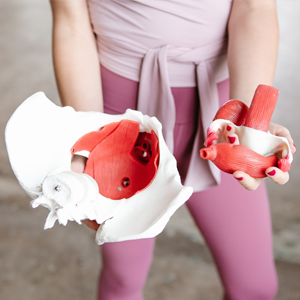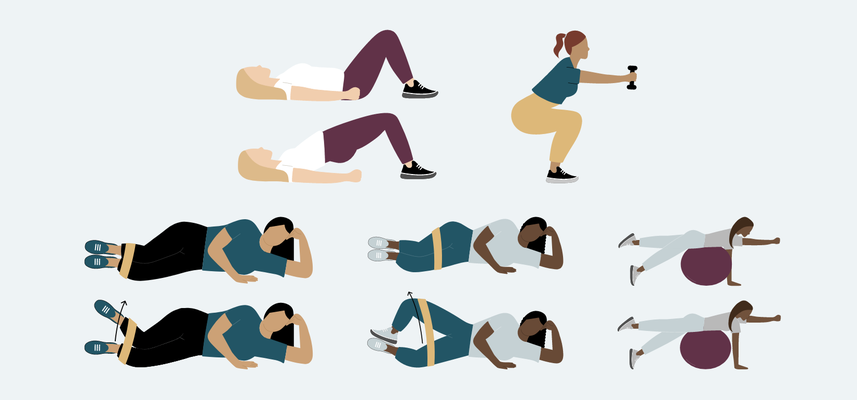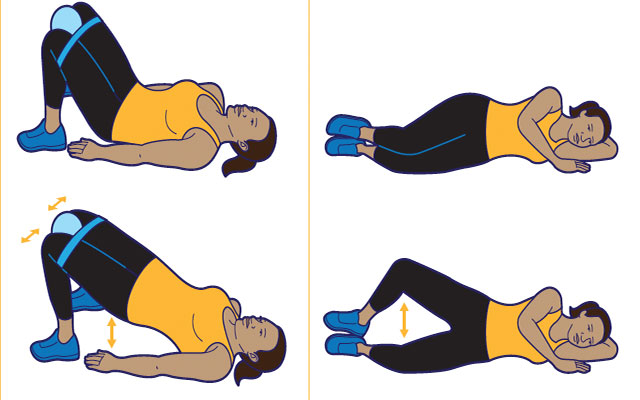8 Signs of a Weak Pelvic Floor
A weak pelvic floor can cause various issues like incontinence, prolapse, constipation, and difficulty emptying the bladder and bowel. The following are eight signs that may indicate a weak pelvic floor:
- Urinary Incontinence: Inability to control urine flow can occur during exercise, laughing, coughing, or sneezing.
- Faecal Incontinence: Inability to control bowel movements can be another sign of pelvic floor weakness.
- Pelvic Organ Prolapse: Pelvic organs can move out of their natural position and droop into the vagina or rectum.
- Difficulty Emptying the Bladder or Bowel: People with a weak pelvic floor may experience difficulty fully emptying the bladder or bowel.
- Urgency: Feeling the need to urinate frequently or urgently, or not being able to hold the urine for long periods of time.
- Low Back Pain: A bulge in the lower back area can be another sign of a weak pelvic floor.
- Pain During Sexual Intercourse: A weak pelvic floor can lead to pain or discomfort during sexual activity.
- Constipation: Straining to defecate, passing hard stools, or feeling incomplete bowel movements can also be a sign of pelvic floor dysfunction.
If you experience any of these signs, it is important to consult a healthcare provider for proper diagnosis and treatment. Treatment options may include pelvic floor exercises, medications, and/or pelvic floor physical therapy. Regular exercise, especially resistance training, and maintaining a healthy weight can also help strengthen the pelvic floor muscles.


































